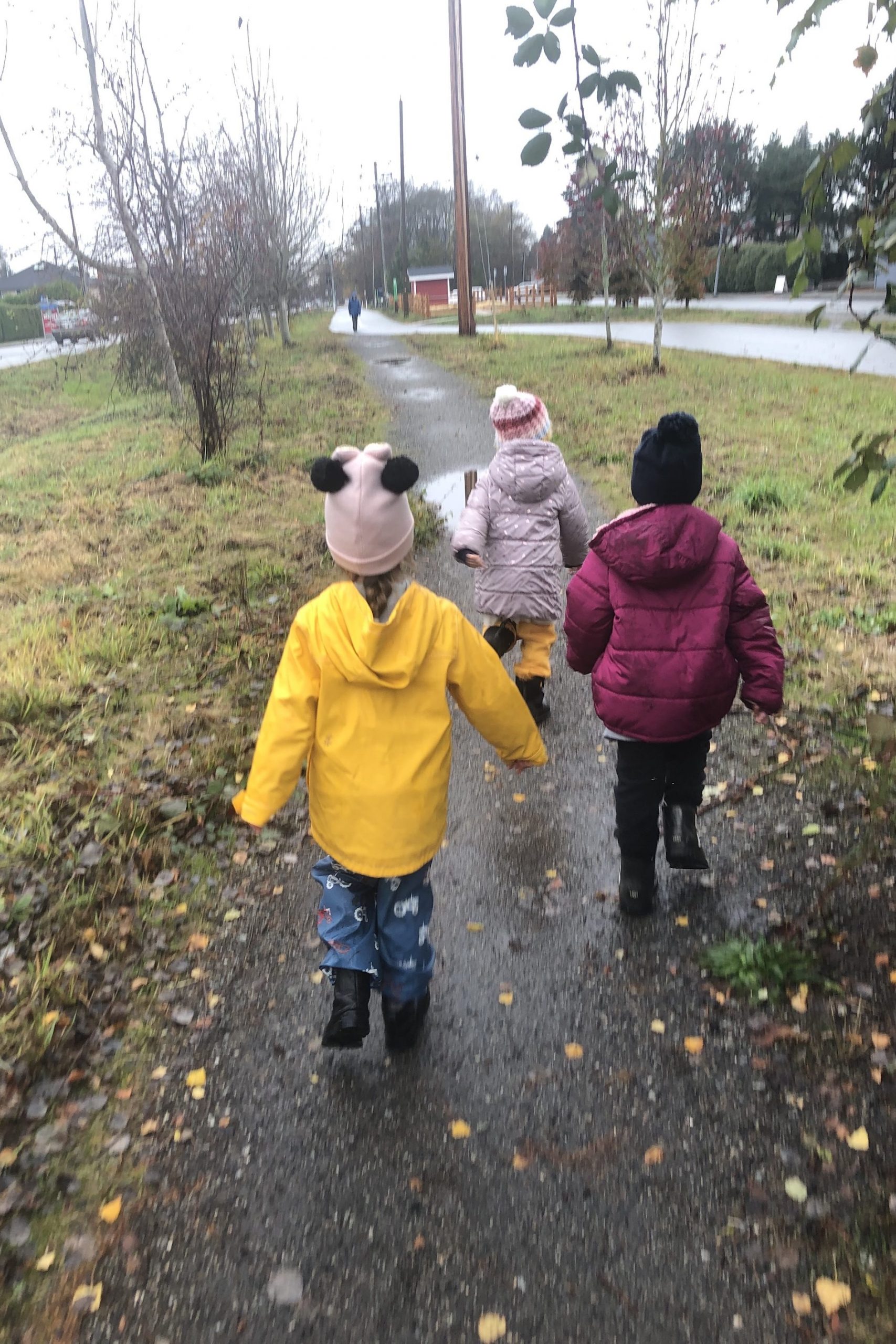The Teacher-as-Researcher
The teacher-researcher who is situated in BC, Canada, is aware of the discourses existing within the multicultural Canadian society. The teacher-researcher lives, with families and children, in a place where social inequalities and cultural biases are ingrained and actively influencing the lifeworld of all.

Therefore, to acquire the ability to teach and research with children within those tensions, the teacher-researcher is an avid reader, a scholar who can critically think with the world, others, and life. The teacher-researcher is committed to navigate with children the lifeworld through everyday experiences and live inquiries which unveil our relationship with the world, while also noticing how those relationship provoke wonder and contemplation about the earth, others, and our place among them. The teacher-researcher is committed to slow down as they pay attention to everyday occurrences while noticing how connections are made among humans and others. The slowing down paves a path to the joy of endless researching, a research method which is open to the unknown, revels in doubt and celebrates error.
The teacher-researcher understands the art of dwelling, lingering and paying attention to details in areas of life which seem insignificant. Furthermore, the teacher-researcher rejoices in the unexpected and fosters openness and curiosity toward others. The teacher-researcher engages, as well, with contextual pedagogy orientation while trying to make sense of the lifeworld phenomenon as they perceive the pedagogical meaning of living with children, thus rendering pedagogy intelligible with children and the world we live in.
Thinking and Reflecting with:
Cancienne, M. B., & Snowber, C. N. (2003). Writing rhythm: Movement as method. Qualitative Inquiry, 9(2), 237–253. https://doi.org/10.1177/1077800402250956
Early learning framework – province of British Columbia. British Columbia Early Learning Framework. (n.d.). Retrieved December 12, 2022, from https://www2.gov.bc.ca/gov/content/education-training/early-learning/teach/early-learning-framework
Hunt, S. (2013). Ontologies of indigeneity: The politics of embodying a concept. Cultural Geographies, 21(1), 27–32. https://doi.org/10.1177/1474474013500226
Leggo, C. (2009). In Life writing and literary metissage as an ethos for our Times (pp. 17–45). essay, Peter Lang Publishing Inc.
May, W. T. (1993). Teaching as a work of art in the medium of Curriculum. Theory Into Practice, 32(4), 210–218. https://doi.org/10.1080/00405849309543600
Smith, L. T. (2022). Researching through imperial eyes. In Decolonizing methodologies: Research and indigenous peoples (pp. 44–60). essay, Bloomsbury Academic.
Triggs, V., Irwin, R. L., & Leggo, C. (2014). Walking art: Sustaining ourselves as arts educators. Visual Inquiry, 3(1), 21–34. https://doi.org/10.1386/vi.3.1.21_1
